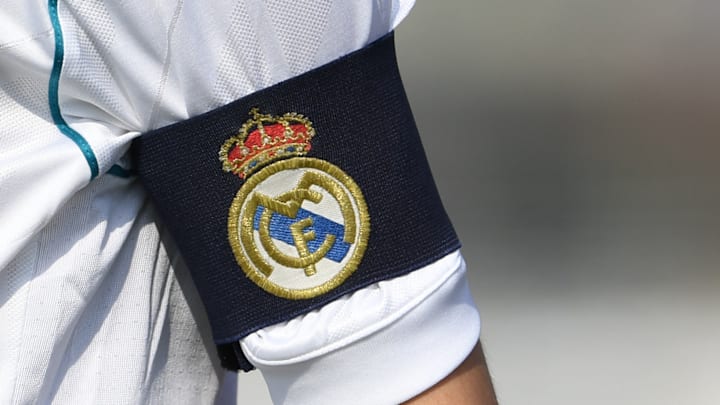The captain's armband is one of the most prestigious accomplishments a football player can achieve in his career. Leading the entire team on the pitch and shaping the game as you see fit has to be one of the greatest individual accolades for a player.
And wearing the armband at Real Madrid is a whole different experience. Anyone would be overjoyed if he was given the opportunity to lead a squad of the finest players in the world in the best stadium in the world for the best club.
Numerous iconic players, such Iker Casillas, Raul, Sergio Ramos, Manuel Sanchis, and others, have led Los Blancos throughout the years and made sure the winning streak never ended.
However, at Real Madrid, captaincy is awarded primarily on seniority in the team rather than a player's particular quality or voice in the dressing room. A player with the highest seniority or the longest stint at Los Blancos will be named captain.
The captainship tradition needs to change for good
Let's face it. The custom to incentivize loyalty with the captain's armband may have worked till wearing it carried little weight. Virtually no privileges came along except a merry feeling of being a distinguished gentleman amongst your colleagues.
But football has changed dramatically ever since. The motility of the game has altered the way a captain is seen and treated. It has now become a basic assumption that the captain of the team is the leader of the pack. He is the one who commands the pace and the style of the game on the pitch and directs all the players towards the collective goal to win.
The captain must be the person with the most compelling voice in the locker room. He needs to fill a hole that no other player can occupy. The captain must be a leader who, regardless of age or experience, sounds the most convincing and has the support of all players on the squad. Everyone must follow him, and he must be second in line behind the bosses.
Without even stating it, the following attributes are not only impressive on paper, but they also have a significant impact on a team's trajectory.
However, Real Madrid's tradition does not align with this. If the captain has been around long enough, he can be anyone. For example, Lucas Vazquez is one of this season's captains.
Yes, the Spaniard has been a significant player for Real Madrid in the past, but he is clearly not what he once was, and he does not deserve to lead the team.
Furthermore, picking a knowledgeable captain is even more vital because he is the only one who can talk with the referee and request explanation from the match officials. Only a mature athlete who is not short-tempered or easily influenced should carry this mantle, but Real Madrid's tradition does not make provision for this.
It is time to modify the tradition. Change is the only constant, and even the strongest organizations must adapt to it.
This is not to imply that no senior player should be granted the leadership, but rather to underline that merit and team presence should be the most important factors in decision making, which is not currently the case.
